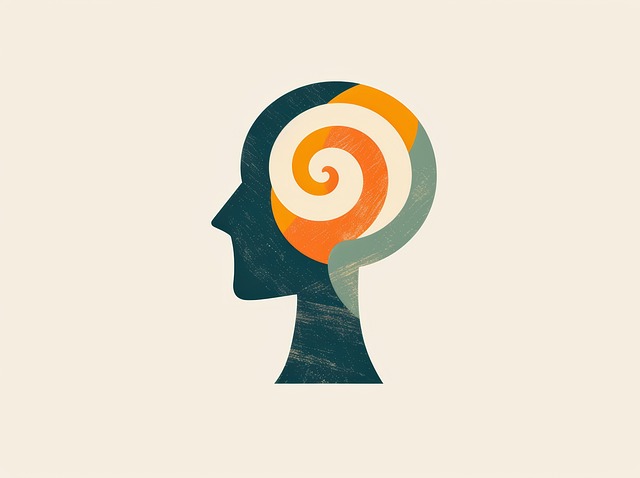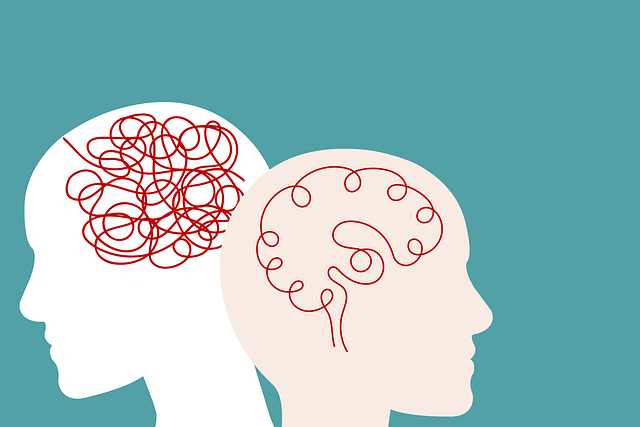Therapy for young children with Autism Spectrum Disorder (ASD) focuses on early intervention, combining social skills development, communication improvement, and self-care teaching. Techniques like structured play and visual aids create a supportive environment, promoting mental health and reducing stress. Positive thinking exercises, including mindfulness and cognitive reframing, empower kids to cope with stress and anxiety, boost confidence, and teach emotional regulation, fostering resilience and adaptability in their daily routines.
Positive thinking exercises offer a promising approach to support young children with Autism Spectrum Disorder (ASD) in their cognitive development and overall well-being. This article explores how these exercises can enhance coping mechanisms, providing valuable tools for therapists. We delve into the understanding of ASD’s unique challenges and its impact on cognitive processes. Additionally, we present practical strategies for seamlessly integrating positive thinking activities into therapy sessions, catering specifically to this young demographic.
- Understanding Autism Spectrum Disorder and its Impact on Cognitive Development
- The Role of Positive Thinking Exercises in Enhancing Coping Mechanisms
- Practical Strategies for Integrating Positive Thinking Activities into Therapy Sessions
Understanding Autism Spectrum Disorder and its Impact on Cognitive Development

Autism Spectrum Disorder (ASD) is a neurodevelopmental condition that affects social interaction, communication, and behavior. It’s important to understand that ASD presents a unique set of challenges for young children, influencing their cognitive development in significant ways. Children with ASD may experience difficulties in processing sensory information, understanding social cues, and expressing emotions, which can impact their overall mental wellness and learning abilities.
Early intervention is crucial for supporting the cognitive growth of these young minds. Therapy for young children with ASD often focuses on developing social skills, improving communication, and teaching self-care routines to enhance mental health and reduce stress. By implementing tailored strategies, such as structured play activities, visual aids, and positive thinking exercises, parents and caregivers can foster a supportive environment that encourages development while promoting resilience in the face of unique challenges.
The Role of Positive Thinking Exercises in Enhancing Coping Mechanisms

Positive thinking exercises play a pivotal role in enhancing coping mechanisms for young children with Autism Spectrum Disorder (ASD). By engaging in these activities, children learn to reframe negative thoughts and experiences into more positive ones. This shift not only boosts their confidence but also equips them with valuable emotional regulation skills. Incorporating regular practice of positive thinking can significantly reduce the impact of stress and anxiety, which are common challenges for individuals on the autism spectrum.
These exercises serve as a form of therapy, helping to prevent burnout by fostering resilience and adaptability. Through simple yet powerful techniques, children can develop a more optimistic outlook, improve their social interactions, and enhance overall well-being. By integrating positive thinking into daily routines, parents and caregivers can support the holistic development of young children with ASD, enabling them to navigate life’s challenges with greater ease and confidence.
Practical Strategies for Integrating Positive Thinking Activities into Therapy Sessions

Integrating positive thinking exercises into therapy sessions for young children with Autism Spectrum Disorder (ASD) can significantly enhance their overall well-being and progress. One practical strategy is incorporating mindfulness techniques, such as guided visualizations or simple breathing exercises, which help children develop a stronger sense of self-awareness and emotional regulation. These activities not only promote positive thinking but also serve as effective trauma support services, fostering a safe and calming environment within the therapy setting.
Additionally, therapists can utilize cognitive reframing techniques to challenge negative thought patterns common in ASD. By encouraging children to identify and replace unhelpful thoughts with more adaptive and positive ones, therapists empower them to navigate challenging situations with enhanced resilience. This approach aligns with Mind Over Matter principles, emphasizing the profound impact of mental health policy analysis and advocacy on shaping a child’s emotional landscape.
Positive thinking exercises have proven to be a powerful tool in enhancing coping mechanisms for young children with Autism Spectrum Disorder (ASD). By integrating these strategies into therapy sessions, professionals can foster better emotional regulation and improve overall well-being. Through practical applications, therapists can guide children towards a more optimistic outlook, which may lead to significant advancements in their cognitive development and social interactions. This approach offers a promising avenue for supporting the unique needs of young autism spectrum individuals.














